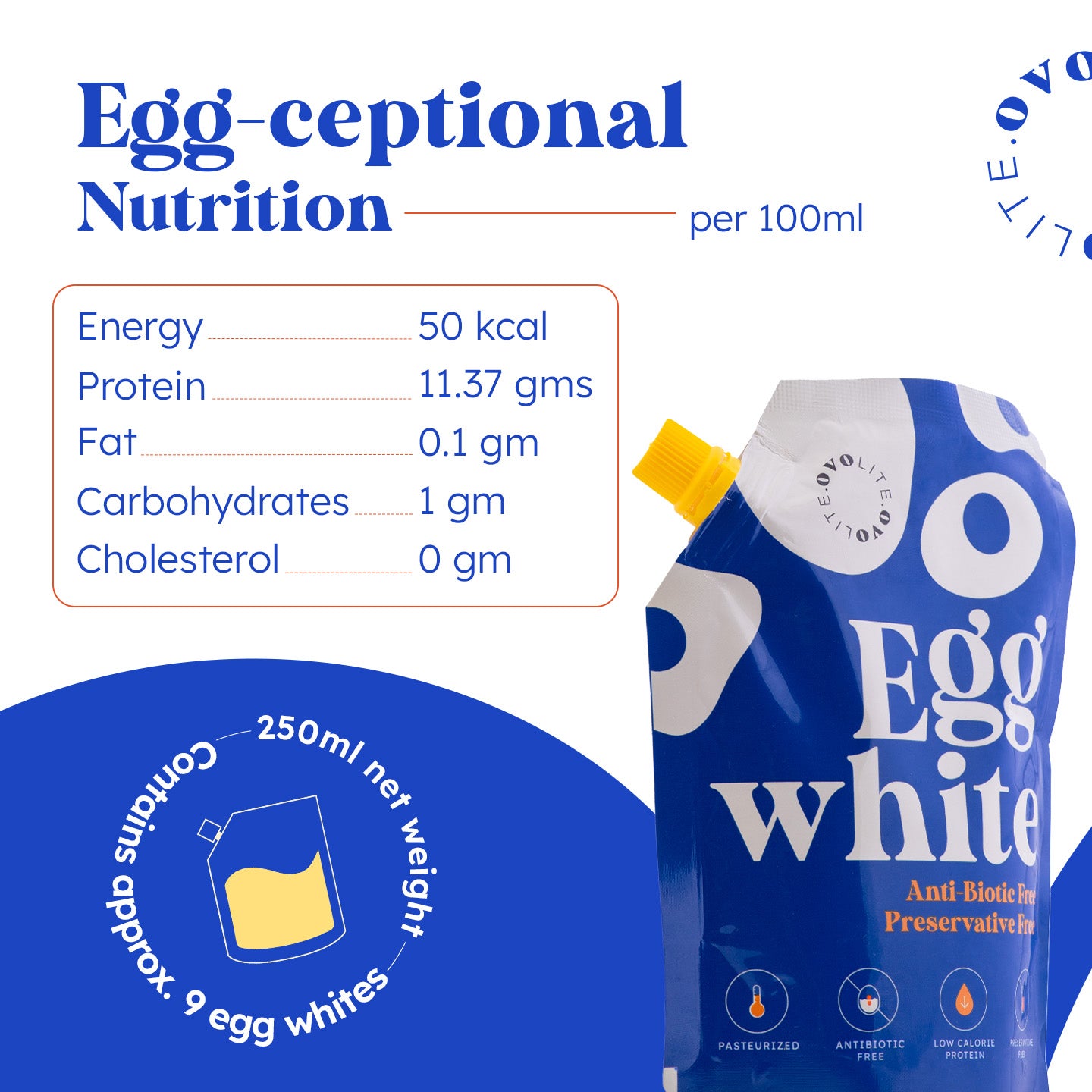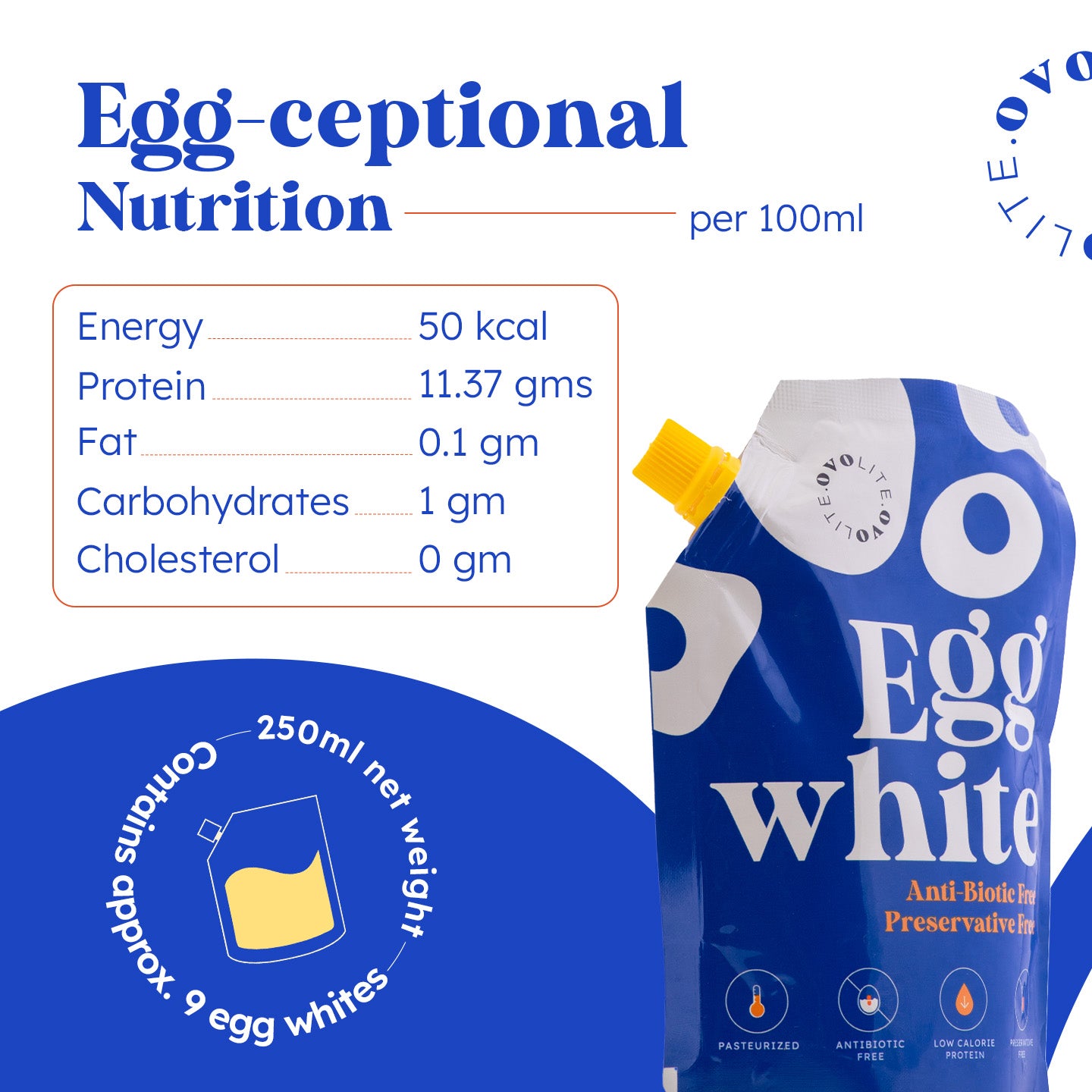
While both egg whites and whole eggs offer significant nutritional benefits, understanding the differences between the two can help you make better dietary choices depending on your health goals. Whole eggs are often viewed as more nutrient-dense due to their yolk, but egg whites provide a fat-free, cholesterol-free alternative packed with high-quality protein.
Egg Whites: Pure Protein Source
A large egg white contains about 4 grams of protein, making up most of the egg’s total protein content. Egg whites are fat-free, cholesterol-free, and contain fewer than 20 calories, making them an ideal choice for those on heart-healthy or low-fat diets.
Whole Eggs: More Nutrients, But More Calories
Whole eggs contain the yolk, which has around 5 grams of fat, dietary cholesterol, and vitamins like A, D, and E. While the yolk provides essential nutrients, it also contributes to higher calorie content (about 55 calories in a large yolk). For people with specific dietary restrictions or high cholesterol, egg whites are a more heart-friendly option.
Egg Whites for Muscle Building
For fitness enthusiasts and athletes, egg whites are an efficient protein source that promotes muscle repair and growth without the added fats from the yolk. They are quickly absorbed by the body, making them an excellent post-workout recovery option.
Conclusion
Choosing between egg whites and whole eggs depends on your nutritional goals. For those aiming for low calories, no fat, and high protein, egg whites are a superior choice.









